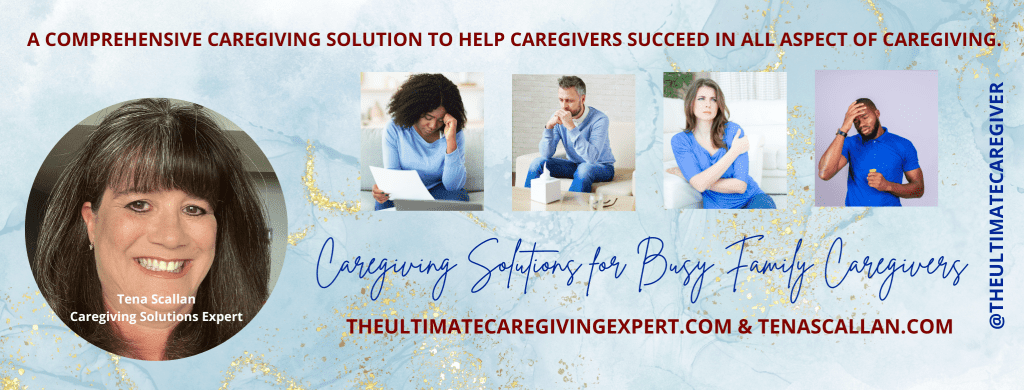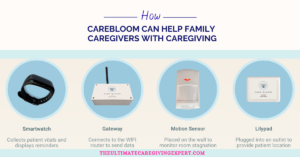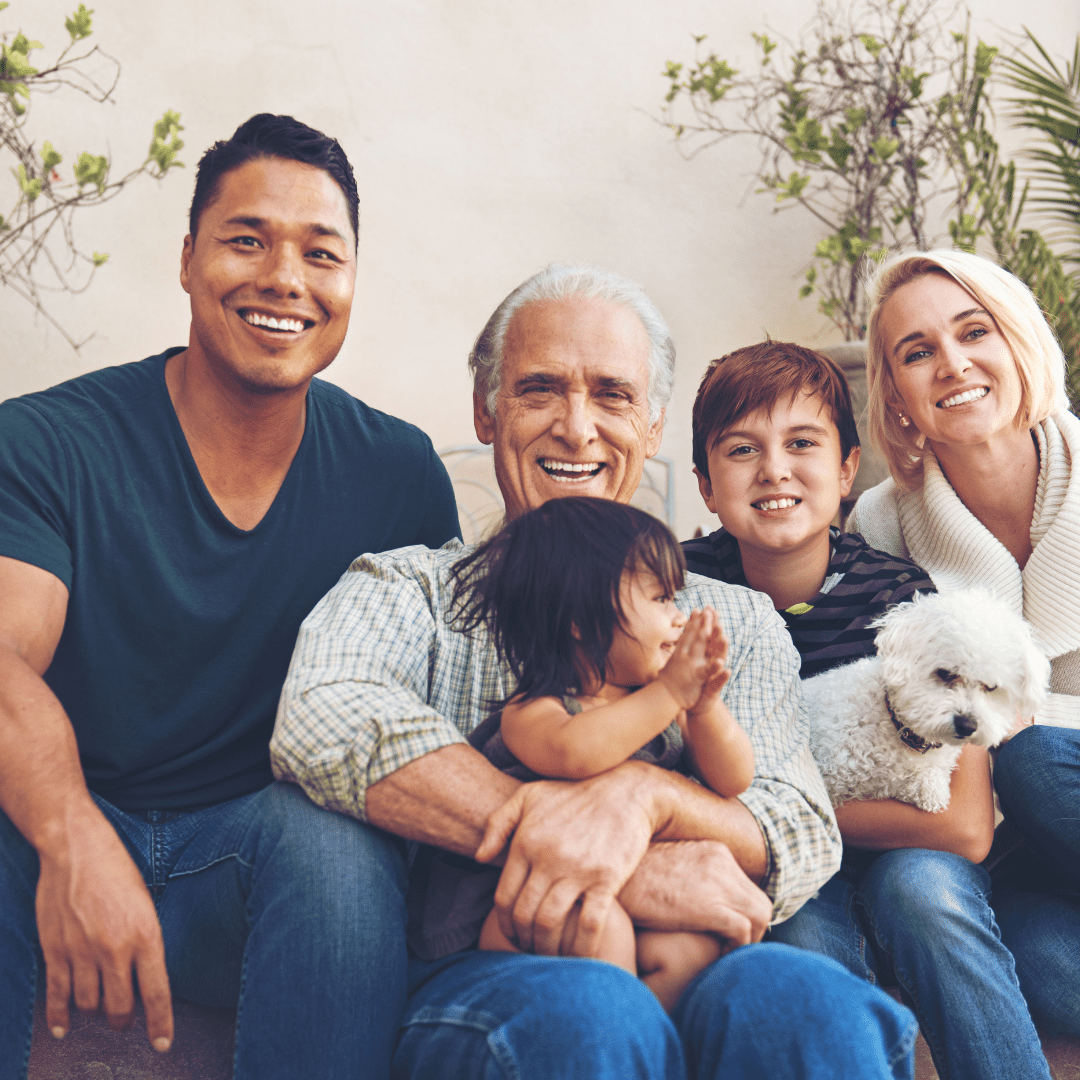The Overlooked Power of Mindfulness in Caregiving
Caregiving is a demanding and emotionally taxing role. It requires not just physical effort but a considerable mental and emotional investment. In the whirlwind of daily responsibilities, caregivers often neglect their own well-being. Mindfulness, however, offers a practical and profound way to manage stress, enhance emotional resilience, and improve overall quality of life. Integrating mindfulness techniques into your daily routine can transform how you approach caregiving and self-care. By focusing on the present moment with acceptance and without judgment, you can cultivate a more balanced and fulfilling caregiving experience.
Benefits of Mindfulness for Caregivers
Caregiving often involves high levels of stress and emotional strain, making it crucial for caregivers to find effective ways to manage these challenges. Mindfulness offers a transformative approach by fostering a sense of calm, which is essential for navigating the demanding nature of caregiving. By incorporating mindfulness practices into your routine, you can experience a range of benefits that enhance both emotional and physical well-being.
-
Reduces Stress:
Mindfulness practices are designed to help you manage stress by encouraging a focus on the present moment. Techniques such as deep breathing and meditation activate the body’s relaxation response, reducing the impact of stressors and promoting a sense of inner peace. This can be especially beneficial in high-pressure caregiving situations, where stress management is critical.
-
Improves Emotional Resilience:
Regular mindfulness practice strengthens your ability to handle emotional challenges. By developing a greater awareness of your thoughts and feelings without judgment, you become better equipped to respond to difficult emotions and situations. This enhanced emotional resilience helps you maintain a more balanced and positive outlook, even when faced with the daily ups and downs of caregiving.
-
Promotes Better Physical Health:
The connection between stress and physical health is well-documented. Lowering stress levels through mindfulness can lead to significant improvements in physical health, including reduced fatigue and a lower risk of burnout. By incorporating mindfulness techniques into your life, you can support your overall health and well-being, allowing you to continue providing high-quality care while also taking care of yourself.
Mindfulness Techniques for Daily Stress Relief
Simple techniques can make a significant difference. Start with short, manageable practices that fit into your existing schedule. These techniques can provide quick relief during stressful moments, helping you maintain a sense of calm and control. Incorporating mindfulness into your daily routine can be both simple and effective, providing you with valuable tools to manage stress and maintain emotional balance. By practicing a few key mindfulness techniques, you can quickly center yourself, alleviate anxiety, and foster a greater sense of calm.
Effective Mindfulness Techniques
-
Breathing Exercises:
Deep, slow breathing is one of the most accessible and effective mindfulness practices. By focusing on your breath and taking slow, deliberate inhales and exhales, you activate the body’s relaxation response, helping to reduce anxiety and clear your mind. This technique can be done anywhere, at any time, making it a versatile tool for stress management.
-
Body Scan Meditation:
This technique involves spending a few minutes scanning your body from head to toe, paying close attention to areas of tension or discomfort. By consciously relaxing each part of your body, you promote physical and mental relaxation. Body scan meditation not only helps in identifying and addressing physical stress but also enhances your awareness of how stress affects your body.
-
Mindful Moments:
Integrating brief moments of mindfulness into your day can provide significant benefits. Taking just a few seconds to pause and focus on your current experience, whether it’s savoring a cup of tea or simply observing your surroundings, helps you stay grounded. These short, intentional breaks can help you stay present and reduce overall stress throughout the day.
For a step-by-step guide on breathing exercises, visit our Breathing Techniques for Caregivers page.
Creating a Mindfulness Routine That Works for You
Establishing a consistent mindfulness practice is essential for maximizing its benefits, but this can be challenging, especially for caregivers who often have demanding and unpredictable schedules. The key is to make small, manageable adjustments that seamlessly fit into your daily routine. By finding a personalized approach to mindfulness, you can ensure that it becomes a sustainable and beneficial part of your life.
-
Set Aside Time:
One of the most crucial steps in building a mindfulness routine is setting aside a specific time each day. Consistency is essential, so choose a time that aligns with your daily schedule, whether it’s in the morning before the day starts or in the evening as a way to unwind. Even if you can only dedicate 5-10 minutes initially, this small investment can yield significant benefits over time.
-
Choose the Right Technique:
Mindfulness encompasses a range of techniques, from breathing exercises to meditation and mindful walking. Experiment with different practices to discover what resonates most with you. You might find that a brief meditation session works best, or you may prefer incorporating mindful moments throughout the day. The goal is to find a technique that feels comfortable and effective, making it easier to stick with your routine.
-
Create a Calm Environment:
To enhance the effectiveness of your mindfulness practice, create a designated space that is quiet and free from distractions. This could be a specific corner of a room, a cozy chair, or any space where you feel relaxed and undisturbed. Adding elements like soft lighting, comfortable seating, or calming scents can further promote a peaceful atmosphere, making it easier to focus and engage in your practice.
By incorporating these steps into your daily life, you can build a mindfulness routine that supports your well-being and complements your caregiving role. Tailoring your approach to fit your personal needs and preferences will help you maintain consistency and enjoy the full range of benefits that mindfulness has to offer.
Explore our tips on setting up a mindfulness space on our Mindfulness Space Setup page.
Mindfulness Techniques for Caregiving Situations
Mindfulness is not only a tool for general stress relief but can also be specifically adapted to various caregiving scenarios. By applying mindfulness techniques in context, you can better manage the unique challenges of caregiving, from handling complex behaviors to balancing multiple responsibilities. These practices help you stay grounded and focused, enhancing your ability to respond effectively and empathetically in the midst of caregiving demands.
-
Mindful Listening:
Active listening is a critical component of effective caregiving. Mindful listening involves fully engaging with the person you are caring for, paying close attention to their words, emotions, and non-verbal cues. This approach helps you understand their needs and concerns more deeply, fostering better communication and connection. By being present in the moment and listening without judgment or distraction, you can provide more empathetic and responsive care.
-
Compassionate Presence:
Maintaining a compassionate and non-judgmental attitude is essential when dealing with challenging situations or behaviors. Mindfulness helps you approach these moments with patience and empathy, allowing you to remain calm and supportive. By practicing compassionate presence, you create a nurturing environment that can alleviate stress for both you and those you care for, improving the overall caregiving experience.
-
Reflective Journaling:
Journaling offers a valuable way to process your thoughts and emotions related to caregiving. Reflective journaling involves writing about your experiences, challenges, and feelings, which can provide clarity and emotional relief. This practice not only helps you understand and manage your own reactions but also serves as a tool for self-reflection and growth. By regularly documenting your caregiving journey, you can gain insights into your personal development and the impact of mindfulness on your role.
Incorporating these mindfulness applications into your caregiving routine can significantly enhance your ability to navigate the complexities of the role. By focusing on mindful listening, compassionate presence, and reflective journaling, you can improve your interactions, manage stress more effectively, and foster a more supportive environment for both yourself and those you care for.
The Long-Term Impact of Mindfulness on Caregiver Well-being
While mindfulness is often celebrated for its immediate stress-relieving benefits, its impact extends far beyond short-term relief. Integrating mindfulness into your daily caregiving routine can lead to profound and lasting improvements in your overall well-being. As you make mindfulness a consistent part of your caregiving journey, you foster a deeper sense of peace and satisfaction, paving the way for a more balanced and harmonious life. Over time, these benefits accumulate, contributing to a healthier and more fulfilling caregiving experience.
-
Enhanced Emotional Balance:
Regular mindfulness practice supports emotional stability and resilience. By consistently engaging in mindfulness techniques, you build a stronger foundation for managing emotions, which helps maintain a balanced state of mind. This emotional equilibrium is crucial in caregiving, where managing both personal and external stresses is essential for well-being. Over time, mindfulness fosters a greater ability to navigate emotional ups and downs with greater ease and stability.
-
Improved Relationships:
Mindfulness enhances your ability to connect with those you care for and other loved ones. By cultivating a present and compassionate mindset, you improve your interactions and communication, which strengthens relationships. Mindful caregivers are better equipped to respond empathetically and supportively, leading to more meaningful and positive connections with others. This improved relational dynamic contributes to a more supportive and harmonious environment.
-
Increased Self-Awareness:
Regular mindfulness practice fosters greater self-awareness. By focusing on your thoughts, emotions, and responses, you gain valuable insights into your own needs and behaviors. This heightened self-awareness allows you to recognize and address areas where you may need additional support or adjustments in your caregiving approach. Understanding yourself better helps you make more informed decisions and enhances your overall caregiving experience.
Incorporating mindfulness into your daily routine offers significant long-term benefits that contribute to a more balanced and fulfilling caregiving life. By embracing mindfulness, you invest in your emotional well-being, strengthen your relationships, and deepen your self-awareness, ultimately creating a more harmonious and satisfying caregiving journey.
Conclusion: Embrace Mindfulness for a Better Caregiving Experience
Incorporating mindfulness into your caregiving routine can profoundly impact your quality of life. By adopting simple, effective techniques, you can manage stress more effectively, improve your emotional resilience, and enhance your overall well-being. Start with small, consistent steps, and gradually integrate mindfulness practices into your daily life. Your commitment to mindfulness not only benefits you but also positively influences those you care for. Ready to enhance your caregiving journey with mindfulness? Explore our resources and join our community of caregivers dedicated to well-being and balance. For personalized support and more tips, visit The Ultimate Caregiving Expert or contact us today.





